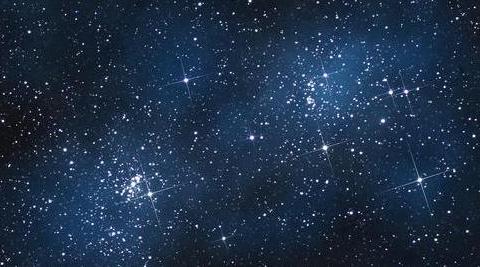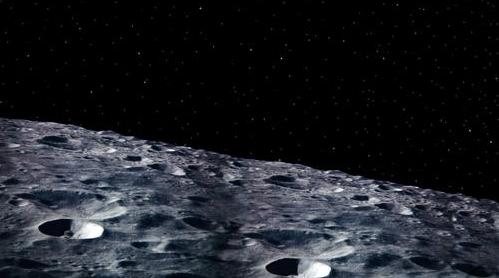Life Was Possible in the Early Universe, Says New Data

What’s the Latest Development?
Fresh astronomical discoveries suggest that life may have existed during the early stages of the universe, overturning the conventional wisdom that complex elements such as carbon did not form until billions of years later. One discovery was the observation of two planets orbiting a star that formed 12.5 billion years ago. Another was new data suggesting that more complex elements could have formed in globular clusters, much older parts of the universe, so densely populated with stars that scientists speculate it is more difficult for planets to form and survive there.
What’s the Big Idea?
In 2007, the Hubble Telescope found a planet with over twice the mass of Jupiter in the M4 globular cluster. Next, it will look for planets in the 47 Tucanae cluster, though astronomers will likely have to wait until the James Webb Space Telescope is operational to have better data. But if carbon was able to form in the early universe, rocky planets like Earth might have formed, suggesting that life (a long time ago in a galaxy far, far away), might have had billions of years to evolve before the first microbial life forms emerged on Earth, perhaps producing a super-intelligent species.
Photo credit: shutterstock.com





